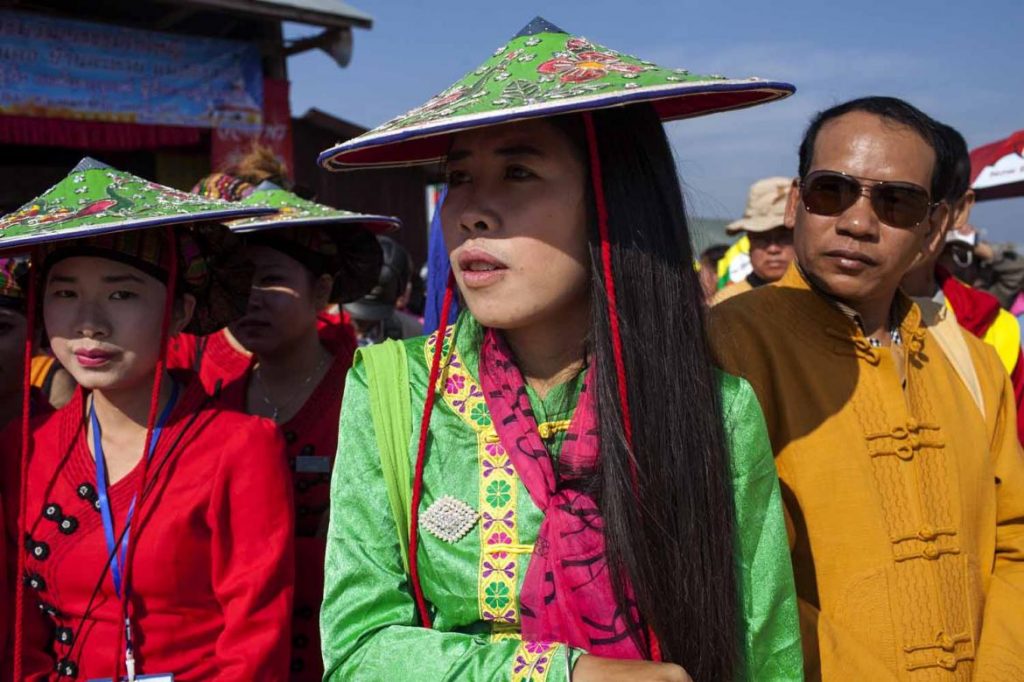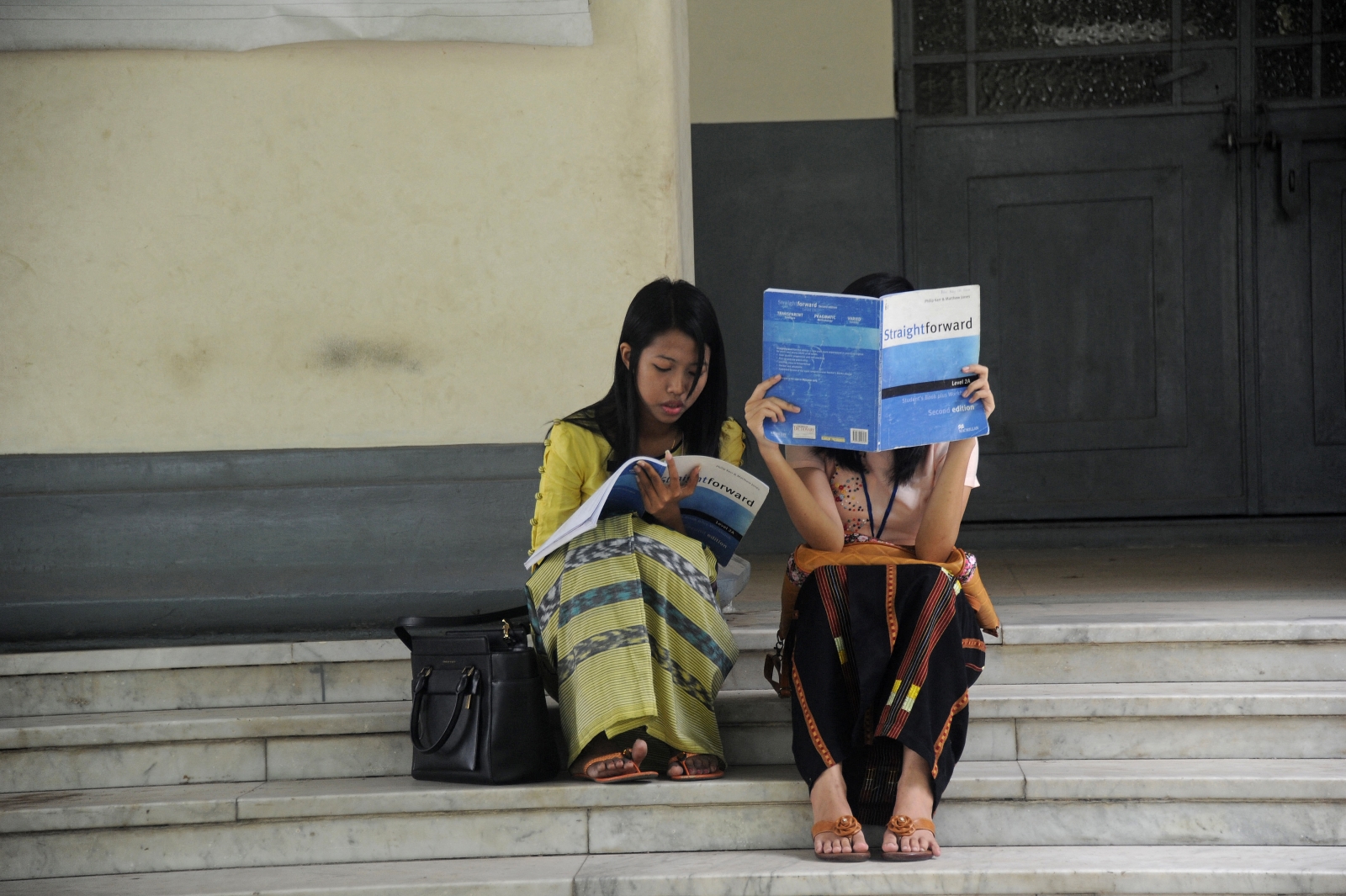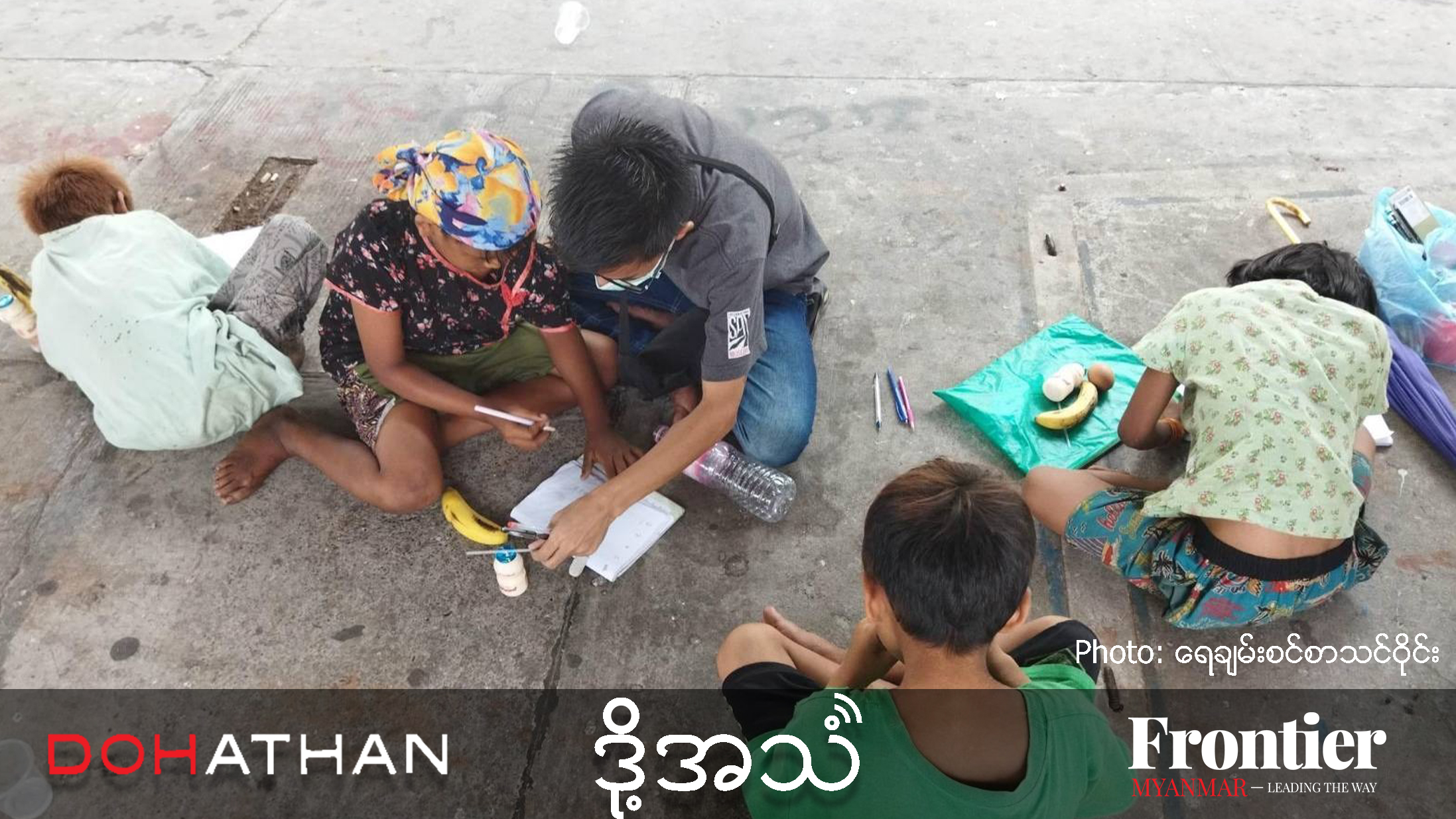It is time for Bamar people to show greater respect toward their ethnic compatriots by teaching their languages and creating better understanding of their cultures.
By HTET WIN | FRONTIER
WE BAMAR say that we have great respect for our ethnic compatriots. I beg to differ. Bamar have no respect for the ethnic people, and they have suffered because of it for the last 60 years or so.
We Bamar have denied the ethnic people their identity since we gained independence from the British in 1948. When I was in Myanmar nearly 20 years ago, I attended an event addressed by a Chin person who was telling the audience about a name used to describe the Chin that had not been used for generations. I don’t remember the name, but it was not “Chin”. At the time, I scoffed at the Chin speaker for being backward and holding on to a name from the past. My opinion was probably shared by other Bamar. How arrogant we Bamar are.
In our arrogance we denied our ethnic minorities their own identities. We continue to call them the names we have bestowed on them even after they have asked to be called the name they prefer. Then we bemoaned the fact that all of the ethnic minorities wanted to separate from the Union. But why would they want to remain with people who do not recognise their identity and belittle them by not using their preferred term to describe themselves?
We Bamar have denied the language and culture of our ethnic people. A case in point is the Myanmar education system, in which Burmese and English are the only languages that all Myanmar people learn. If I were to ask a Bamar whether he or she spoke an ethnic language, 90 percent of the time the answer would be “No”. If I were to ask an ethnic person if they spoke Burmese, the answer 90 percent of the time would be “Yes”.
Support more independent journalism like this. Sign up to be a Frontier member.
Has there ever been a time when a Bamar person promoted the language of our ethnic people? I am not aware of it. The repression of ethnic languages and culture was perpetuated by the Socialist government in the 1960s and we continue to walk the same road.
We Bamar bemoan the fact that the ethnic people dislike us. But if I was in their position I would be hostile toward the group that tried to wipe out their language and culture, too. For the ethnic minorities, learning Burmese was not a choice. It was forced upon them.
Until recently, how many Bamar knew there was a Kachin Day, Karen Day, Chin Day or other days celebrated by our ethnic people? I was not aware of such days until I went to the United States and learned of them from ethnic compatriots. Do we, Bamar, know how our ethnic people celebrate birth and marriage, how they mourn deaths? Do we know their customs for greeting elders or those in high positions? Do we know about their daily lives? I have no idea. All I know is in which states the ethnic people live and the main products of those states.
Ignorance, in my opinion, is not bliss. Ignorance begets bigotry. It shows a lack of respect to ignore the identity of ethnic people and to impose Bamar culture and language on them while ignoring their own culture and language.
What must Bamar do to recognise the situation?
For a start we need to ask our ethnic counterparts what name they would prefer to be called officially and then make the necessary changes to all official documents and school textbooks. We must recognise our ethnic people by their preferred designations and not the name we have chosen for them.
We need to promote diversity. Diversity needs to start from the ground up, with the education system and government. We need to start promoting ethnic languages and culture in the education system and in government.
One of the signal failures of the education system and government is the failure to promote the languages and culture of our ethnic compatriots. The next generation should learn at least one ethnic language as well as English and Burmese.
The counter-argument is that we have 135 official indigenous ethnic groups in Myanmar and teaching all of their languages would not be practical. My recommendation would be that we teach the six most widely-spoken ethnic languages and that students be required to learn one of them for three semesters, or one-and-a-half years. The inconvenience for Bamar students would be minor considering that members of ethnic minorities have to learn Burmese from kindergarten.
In the interest of contributing to mutual understanding, the education system should also include a course devoted to the cultures and traditions of our ethnic compatriots. For Myanmar to go forward, all Myanmar – including the Bamar and the ethnic minorities – must learn about each other, how to show respect to each other and how not to offend each other.
The government should also mandate that each state has an ethnic language as one of its official languages. For example, Kayin should be one of the official languages of Kayin State.
It is time for Myanmar to give recognition to its ethnic minorities. It is time for Myanmar to learn, and play a role in preserving, the languages and cultures of its ethnic minorities.
All this country’s citizens need to know that we respect them, that their voice matters and that we care.







